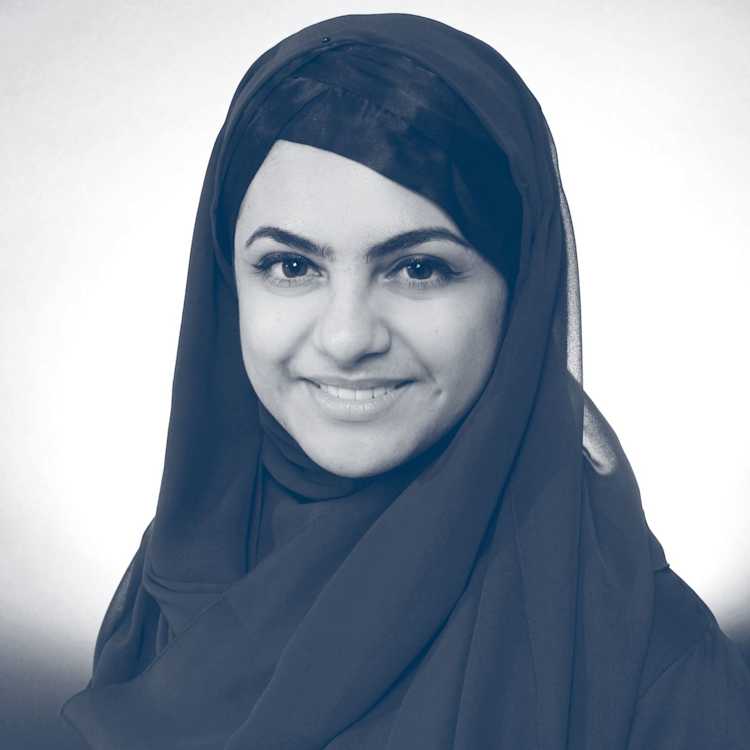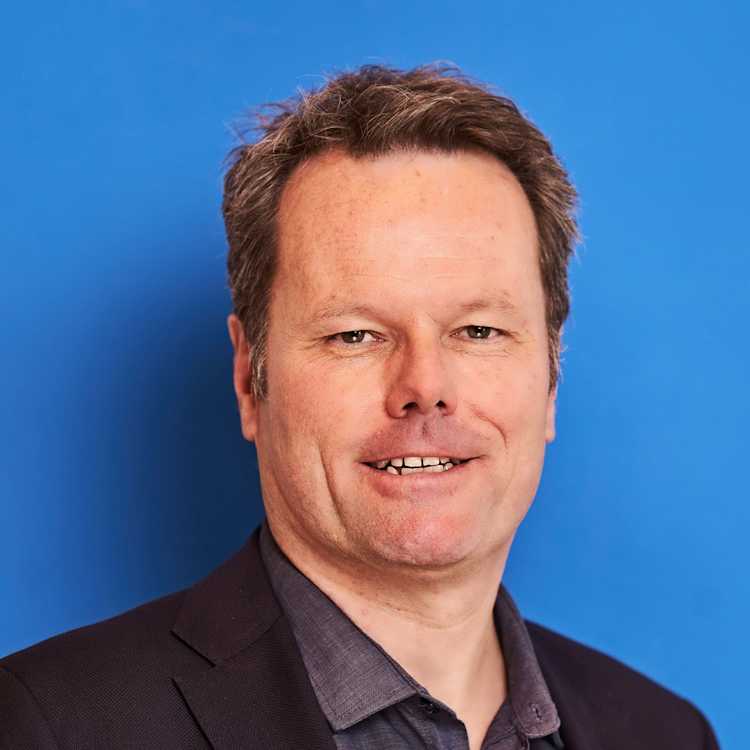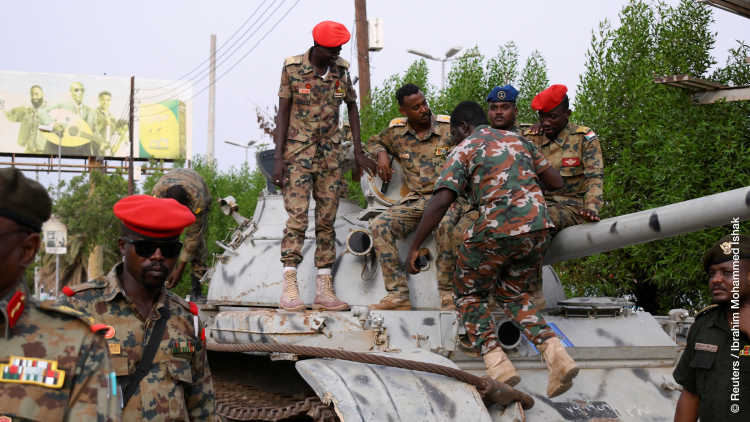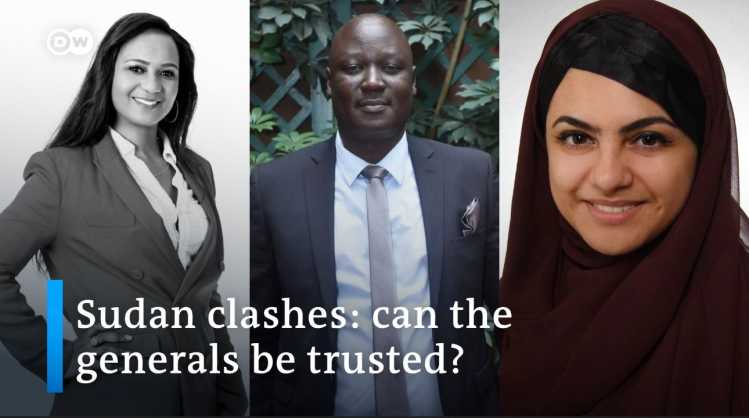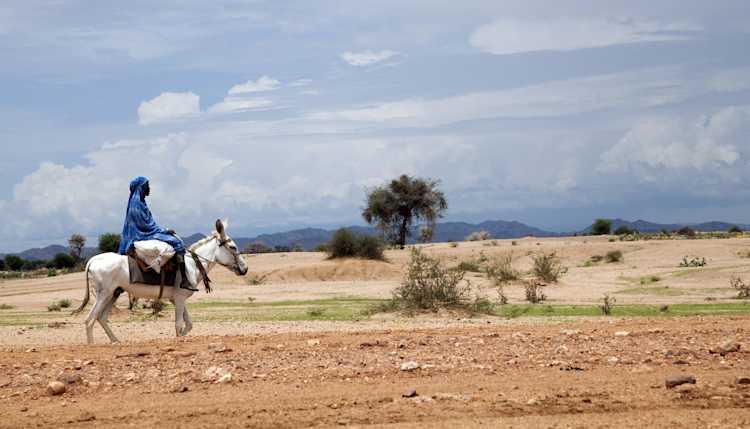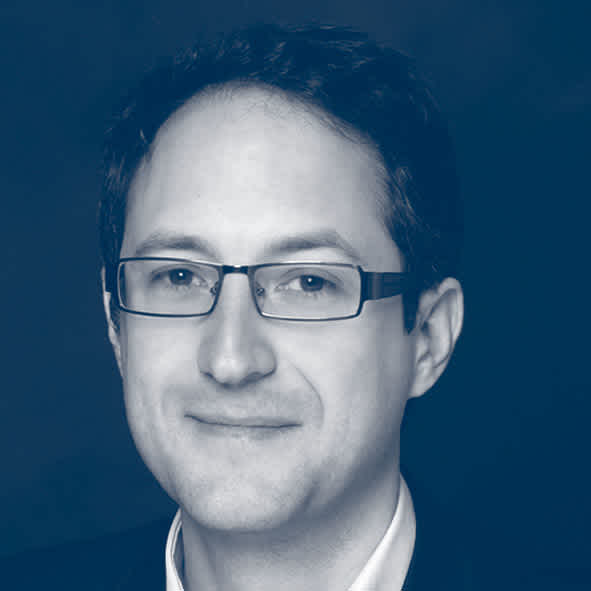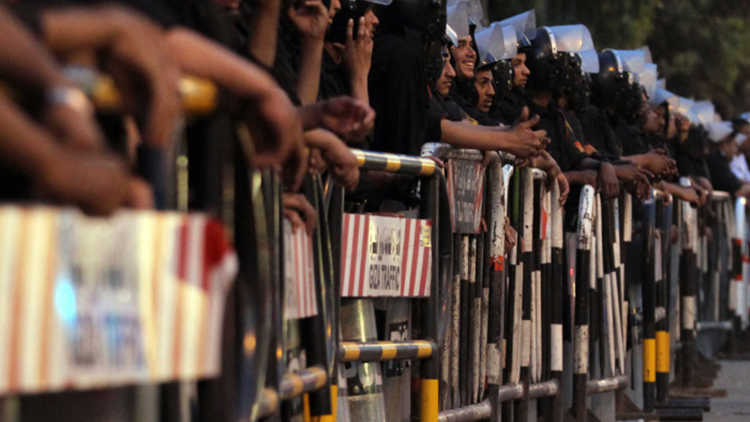GIGA Insights | 24/04/2023
Power Struggle in Sudan: GIGA Researchers Provide Context
Since mid-April 2023, camps representing General Abdel Fattah al-Burhan and General Mohamed Hamdan Dagalo, respectively, have been engaged in armed conflict for supremacy in Sudan. GIGA researcher Hager Ali, a Sudan expert, provides German and international media with information on the conflict’s context and current developments. Prof. Dr Eckart Woertz gives his assessments on the implications of the conflict in the Gulf region.
As a Doctoral Researcher at the GIGA, Hager Ali investigates autocratic regimes and civil–military relations in the Middle East and North Africa. Since the military coup of 2021, she has trained her focus on the political situation in Sudan.
The situation has escalated since the coup, according to Ali. Whether a long-term conflict looms is hard to say. A quick end to the fighting, though, cannot be ruled out. “But the longer this power struggle continues, the more it will weaken both conflict parties in the long run, and the lower the chances of finding legitimation among the people,” says Ali. “That compels both camps to come to an agreement.”
The fighting causes a humanitarian crisis in the country: medical care is poor and food shortages are looming. This won't have a significant impact on the food security of neighbouring states in the Gulf region, says Eckart Woertz, Director of the GIGA Institute of Middle East Studies: “GCC countries talked about developing Sudan as a bread basket for Arab countries since the 1970s, also in 2008 and onwards.” Due to the political risk, the lack of infrastructure and corruption, this has not happened.
Read more on the assessments of our researchers in the following contributions.
Experts
Interview: Lisa Sänger
